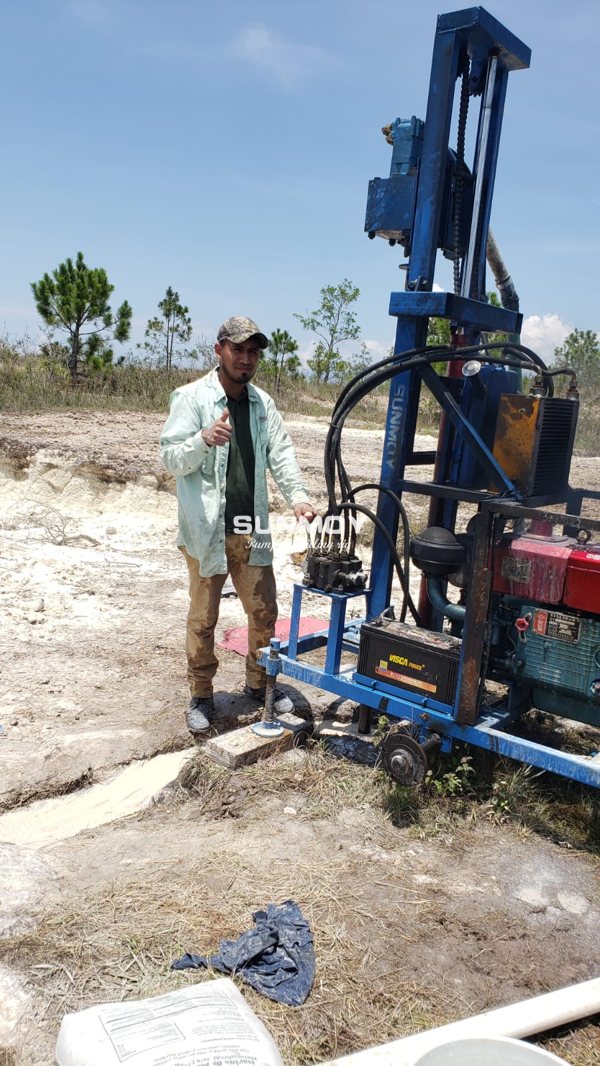
1. Geological exploration: Before digging a well in rural areas, geological exploration work needs to be carried out first. Geological exploration is to determine the groundwater storage conditions, the distribution of the water source layer, the gravel layer, etc. through means such as drilling, testing wells and core collection. Through geological exploration, the location of the well and the depth of the wellbore can be determined.
2. Drilling: After determining the location of the well and the depth of the wellbore, drilling work needs to be carried out. Drilling is to break the underground rock by mechanical or manual means to form a wellbore. Common drilling methods include rotary drilling, impact drilling and slurry drilling. Drilling requires the selection of appropriate drilling tools and drilling technology based on the results of geological exploration to ensure that the drilled wellbore has sufficient strength and stability.
3. Well grouping: After the drilling is completed, the well pipe installation work needs to be carried out. Well grouping is to put the well pipe into the wellbore section by section, and fix it with the upper stone formation through the wellhead to form a stable well body. The well pipe can be a metal pipe, a plastic pipe or a concrete pipe. The main purpose of well grouping is to prevent stratum collapse and sediment from entering the well, and to ensure the cleanliness and quality of well water.
4. Testing and selecting the water source layer: After the well grouping is completed, it is necessary to test and select the water source layer. By testing the flow, water level, water quality and other parameters of the well water, the water storage capacity and water quality of the water source layer can be judged. According to the test results, the depth of the well can be determined and the appropriate water source layer for mining can be selected in the well. Selecting a suitable water source layer is the key to ensuring the water supply effect of rural wells.
5. Wellhead structure and well mining equipment: Rural wells also need to consider the wellhead structure and well mining equipment. The wellhead structure includes well covers, guardrails and slope protection, etc., which are used to protect the safety and sanitation of the wellhead. Well mining equipment includes water pumps, water pipes and water delivery systems, etc., which are used to lift well water from underground to the ground and transport it to the place of use through pipelines.
6. Well water management and maintenance: After the rural wells are completed, well water management and maintenance work is required. Well water management includes regular testing of water quality, control of water level and water pressure, etc., to ensure the reliability and sanitation of water supply. Well water maintenance includes cleaning the wellbore, protecting the well pipe and repairing the equipment, etc., to ensure the normal operation and service life of the well.
In short, the principles of rural water wells involve geological exploration, drilling, well grouping, testing and selecting water source layers, wellhead structure and well mining equipment, well water management and maintenance, etc. The purpose of these works is to ensure that rural areas can get a reliable water supply, improve farmers' living conditions and farmland irrigation needs.
Contact: Sunmoy
Tel: + 86 15888243000
Whatsapp: + 86 15888243000
Email: sunmoy@sunmoy.com
Add: DACAO INDUSTRIAL ZONE,DEZHOU,SHANDONG,CHINA